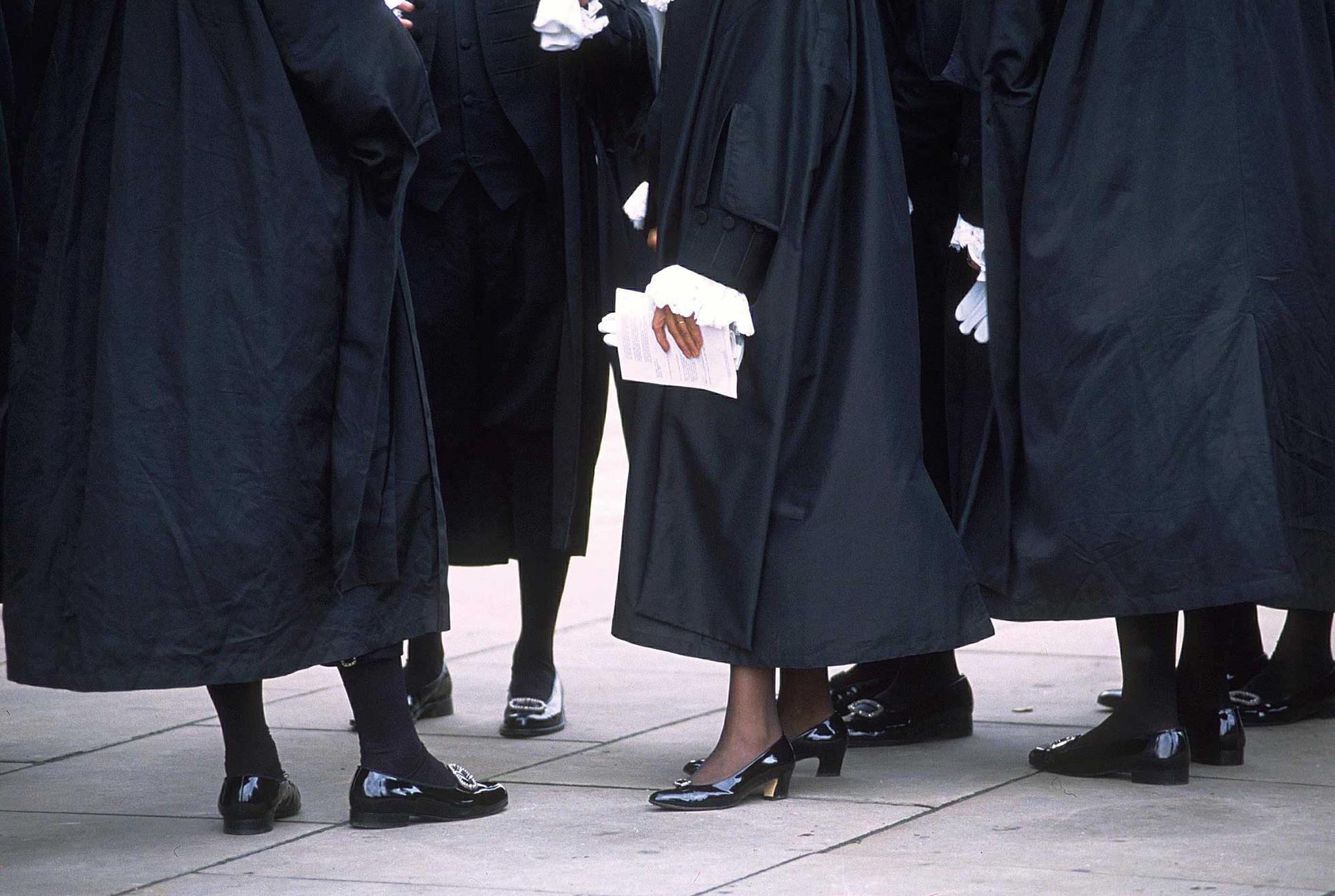None of us who witnessed Walcott's injury, whether at the Emirates or while watching the game on TV, can be said to have been traumatised by what we saw - not least because Walcott seemed in good spirits as he was carried off the pitch on a stretcher. But as we now learn that the on-form Arsenal star is almost certainly ruled out of the England squad for this summer's FIFA World Cup in Brazil, as well as side-lined for the rest of Arsenal's best season in years, only the hardest of heart would not feel sorry for him.
Walcott, included when 17 years old by Sven Goran Eriksson in the 2006 World Cup in Germany but not selected for a game, was omitted by Fabio Capello for his squad in the 2010 World Cup in South Africa. His terrible luck continues. Even if, miraculously, he recovers swiftly from the operation on his knee, it would surely be a mistake to take him to Brazil.
The effect of witnessing a traumatic event
Universally popular, at his club and in the England set-up, Walcott deserves and gets our sympathy. And if we play again, in our mind’s eye, the moment of his injury, it seems that bit worse. We see him wince with pain; we feel it that bit more acutely. As human beings, we empathise.
If this is what we feel, as spectators confronted by an injury which isn't as bad as, say, Eduardo Da Silva's horrific leg break, isn't it clear that witnessing disturbing events can lead to psychological harm - harm which may be even longer lasting than the physical damage sustained by those immediately affected?
To me, the answer is a resounding 'yes'. And because of this - and with the 25th anniversary of the Hillsborough disaster approaching, on 15 April this year - it is high time that the law on psychiatric injury is revisited.
Case law since Hillsborough does not square with reality
In the wake of Hillsborough case law evolved to a point which does not square with reality. The leading authority is Alcock v Chief Constable of South Yorkshire Police [1992] 1 AC 310. Here, Alcock and several other claimants were 'secondary victims': they were not primarily affected, in the sense that they were injured or in danger of injury, but they suffered harm because of what they witnessed. But instead of providing for compensation for their traumatic experiences, the Alcock case, which went all the way to the House of Lords' Judicial Committee, imposed a series of "control mechanisms" to fetter a victim's ability to bring a claim.
Chief among them is the requirement that a claimant must perceive a "shocking event" with his or her own senses, either as an eye-witness or happening upon its immediate aftermath. This means that if a father saw his son crushed via television footage, or if he arrived some 30 minutes after the incident, he would not be able to bring a claim.
Lord Steyn of Mostyn, in Frost v Chief Constable of South Yorkshire Police [1999] 2 AC 455 described the law on recovery for psychiatric harm as "a patchwork quilt of distinctions which are difficult to justify". The so-called 'control mechanisms' have also been described as "more or less arbitrary conditions which a plaintiff had to satisfy and which were intended to keep liability within what was regarded as acceptable bounds".
Lord Steyn was right. So, as we spare a thought for Theo Walcott, let's also think of Hillsborough's victims and, indeed, the unjust state of the law, that with which anyone tragically caught up in a disaster will be confronted. It's time to revise the law, it's time to unstitch the patchwork quilt, and it's time for parliament to legislate for change.


